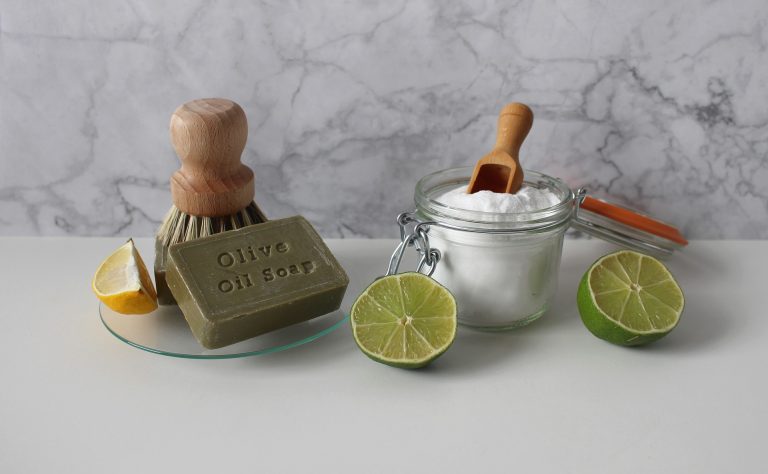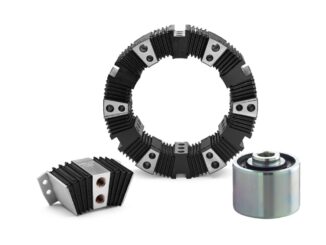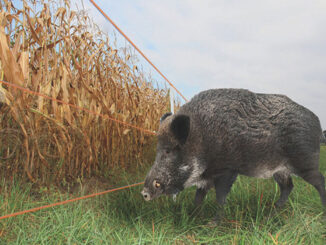
Does natural fabric softener really exist? In recent years people have started using fabric softeners for laundry more consciously. In fact, many people have been looking for alternatives that do not have a negative impact on the environment.
But above all, they have been looking for an answer to these questions: do we really need fabric softener? Are there more ecological and less aggressive solutions? Yes, there are.
In fact, if you want to have a lower environmental impact, you can replace it with more eco-friendly alternatives.
The Environmental Impact of Fabric Softeners
The problem with softeners on the market today is that they contain certain substances that are harmful to the environment.
In particular, this is not Dialkyl Ammonium Methosulfate, which dissolves easily in the aquatic environment, but fragrances and preservatives. Moreover, softeners may also accumulate on the tissues during the washing. As a result, they create a sort of patina that can easily bring allergenic substances into contact with the skin.
However, fabric softeners are not all the same. In addition to the common supermarket softeners, there are various types of ecological softener with a good INCI. This means that they are more respectful of health and the environment.
Alternatives for a Natural Fabric Softener
The best way to reduce your environmental impact when doing the laundry, however, is to replace fabric softener with natural alternatives. Not to make mistakes, however, it is good to know the pros and cons of using the most recommended products.
- Baking soda: this is a great ally in the home and has a thousand uses. First of all, it has a very low rate of pollution. Secondly, it has a water softening effect and helps the detergent to wash better. In addition, using baking soda when doing your laundry help reducing limescale formation. However, that doesn’t mean it has a softening effect, so we can’t consider it a good substitute.
- Vinegar: it is not suitable for daily use in the washing machine. It’s great if you want to do a vacuum wash from time to time to descale the washing machine, even if it is not as performing as the specific products on the market. In fact, vinegar helps the release of heavy metals from the metal found in the appliance. This is important as such metals end up on the fibres of clothes. But the most harmful action that not everyone knows is the polluting one. In fact, vinegar pollutes even 53 times more than ecological citric acid. So, to sum up, vinegar is bad for the environment and has no softening effect on laundry.
- Citric acid: it is the best natural household cleaning product. You can also use it to make simple homemade personal care products. It is a compound naturally present in citrus fruits that is sold in the form of powder or granules. You can buy it in specialty shops or online. It is considered the most convenient and ecological alternative to any type of softener, even if it does not perfume your laundry.




